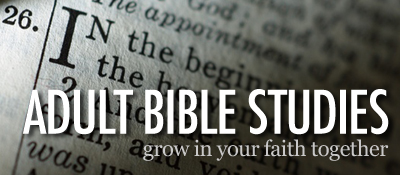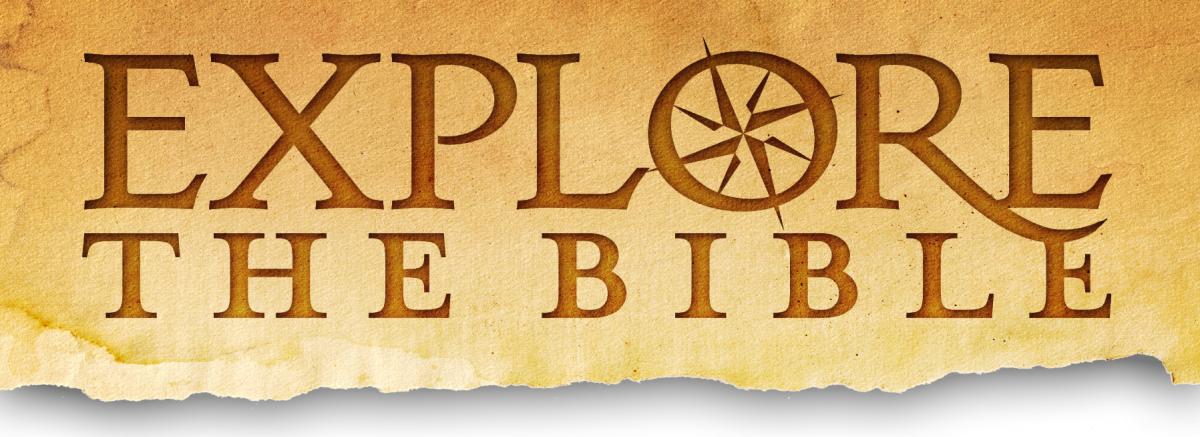
Searching
Pastoral Study:
Status: Completed
Began March 9th @ Malaga - 7:00 pm
Cluster Church Lenten Study
(See the Events page for weekly study Locations)
"Give Up Something Bad for Lent" by James W. Moore
(Next study begins in Jan. 2018 - to be announced)
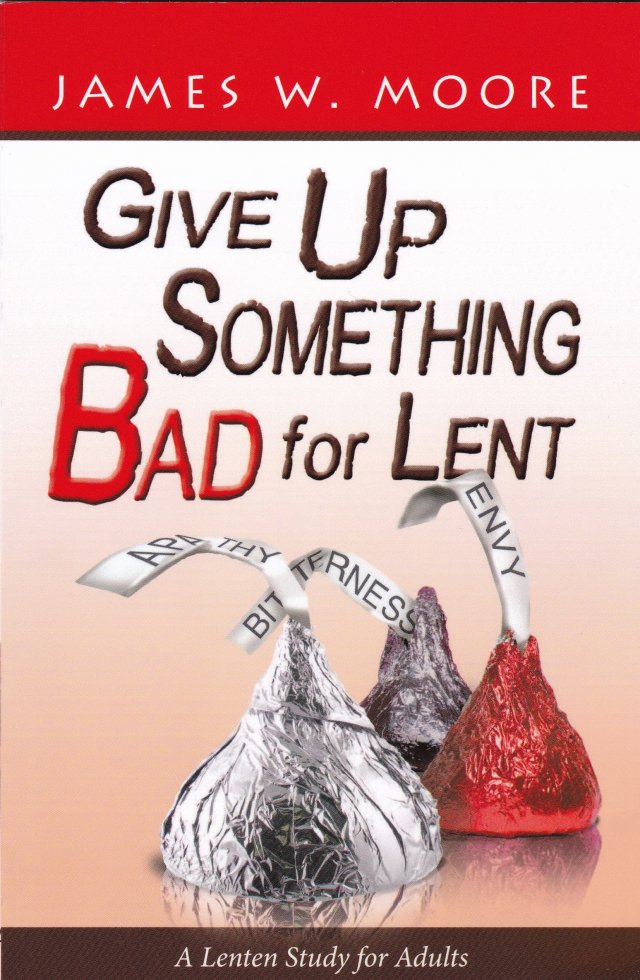
Introduction
For many years I did it, but no more . . . at least not in the same way. For years, like many other people, I gave up something for Lent as a spiritual discipline. On Ash Wednesday, the first day of the Lenten season, I would make a commitment to sacrificially give up something that was important to me as an exercise in self-denial. It was usually something I liked to eat such as desserts or hamburgers or pizza. One year I gave up ice cream. Another year it was soft drinks, and still another year it was coffee. One of the hardest was the Lenten season when I tried to give up chocolate. Was I ever glad to see Easter Sunday come that year!
But a few years ago, this all changed for me. I now go about this in a totally different way. That particular year,
as Ash Wednesday approached and I began to think about what I would give up that year for Lent, all of a sudden out of the blue it hit me . . . a new idea! Why on earth had I not
thought of this before?
I decided that if I am going to give up something for
Lent, why not choose something bad? If I am going to sacrificially give up something for Lent as a spiritual discipline and as an exercise in self-denial, why not pick
out something that I really need to get out of my life permanently? Instead of giving up desserts or hamburgers or chocolate, why not select something that spiritually
I would be a whole lot better off without? Why not choose
certain acts or certain attitudes or certain habits or
certain sins that have the power to contaminate, infect, or poison my soul? Why not give up one of those for Lent?
It's a good idea for all of us, isn't it? Why not intentionally decide, with the help of Cod, to put our energy and efforts into ridding ourselves of something that is destructive in our lives, something like envy or jealousy or self-pity or apathy or procrastination or gossip or resentment or
blame-shifting or pettiness or negative thinking? Why not
give up something bad for Lent in the hope and with the
prayer that if we can give up that bad thing for the forty days of Lent this year then maybe, just maybe, God can
give us the strength to give it up forever?
It's a good idea for all of us, isn't it? Why not intentionally decide, with the help of Cod, to put our energy and efforts into ridding ourselves of something that is destructive in our lives, something like envy or jealousy or self-pity or apathy or procrastination or gossip or resentment or
blame-shifting or pettiness or negative thinking? Why not
give up something bad for Lent in the hope and with the
prayer that if we can give up that bad thing for the forty days of Lent this year then maybe, just maybe, God can
give us the strength to give it up forever?
It is my genuine hope and prayer that as we go through
the pages of this Lenten study and the accompanying
Scripture lessons for each chapter together, we will be inspired and encouraged this year as never before to give
up something bad for Lent and then be better prepared to
wrap our arms around the good news of Easter.
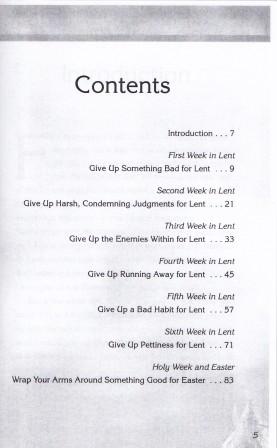

Lay Servant Study:
Status: In Progress - Completed
(Next study to be announced)
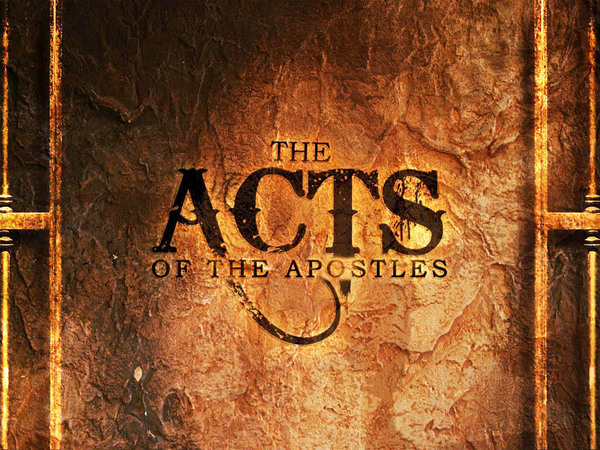
Friday morning Bible Study at 9:30 am with Paul Gramm
Location: School building upstairs
Current study is ACTS
(by Phyllis J. Le Peau)
Getting the Most Out of Acts
Just before Acts begins, the disciples are wallowing in the mire of their craven fear, self-doubt and personal shame. Apart from their master, they are a pathetic group indeed (John 20:19; Luke 24:11). However, by the second chapter of Acts, the same men who abandoned Jesus at Gethsemane have become irrepressible dynamos, preaching with utter conviction-and at great personal risk-"the mighty acts of God."
Acts is an important book for us today because it confirms that the power of the Holy Spirit, which transformed the disciples' Iives, is the same power that can transform our lives today!
There are many benefits to studying Acts:
- Acts serves as a distant mirror. We see the dynamics of the earliest church, the nature of their fellowship, the intensity of their prayer life and their out-and-out zeal to declare the saving gospel of Jesus Christ. Our own situation will be called into question. What does it mean to be the church today?
- Acts emphasizes the primary task of the church -evangelization. ln Acts we see the entire process of calling, healing, empowering and sending people forth to love and obey Jesus Christ.
- Acts calls us to a vital experience with the Holy Spirit. The book of Acts reveals the Holy Spirit as the driving force behind all meaningful ministry in Jesus' name.
- Acts forges a new sense of identity. The disciples gradually realized they were no longer Jews (at least from the confessional and ceremonial points of view). They slowly began to understand that they were part of that new community of the Spirit that was prophesied in the Hebrew Scriptures. And they saw the need to call all people-Jews and Gentiles-to repentance and fellowship with this new community, the church.
Through these studies by Phyllis J. LePeau, the explosive power of this living document will touch you. As you work through these studies, may you experience the calling, healing, empowering and sending dynamic of the Holy Spirit.
Purpose of the Study: To see God's Power in Action.
Enjoy the Study
(All Welcome)


